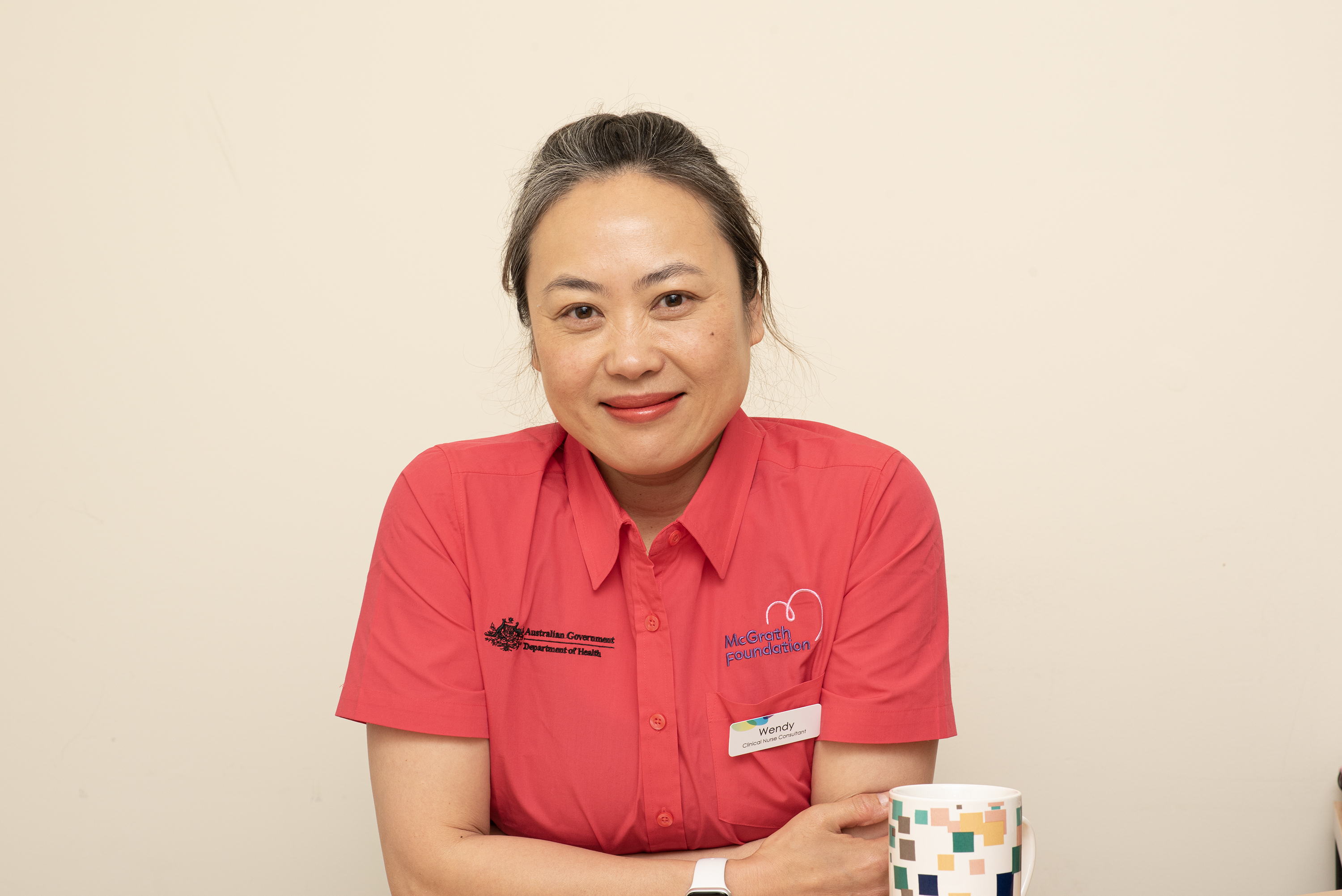“I’m sorry, but the intention is to control the disease, we can’t cure it.”
This is the first sentence that most people newly diagnosed with advanced breast cancer will hear.
Advanced or metastatic breast cancer means the cancer cells have spread to other parts of the patient’s body.
These patients have significant healthcare needs and often require high levels of support.
 For the first time Western Health patients will have access to a Metastatic McGrath Breast Care Nurse, Wendy Wu (pictured right).
For the first time Western Health patients will have access to a Metastatic McGrath Breast Care Nurse, Wendy Wu (pictured right).
“My role is to coordinate the care for patients with metastatic breast cancer, which involves supporting them to find ways to manage fear and anxiety and financial pressures, addressing quality of life concerns, as well as helping them navigate the health system and manage their pain and symptoms.”
The five-year survival rate for breast cancer is now at 91 per cent. For metastatic breast cancer, the five-year survival rate is 32 per cent.
There are 200 McGrath Breast Care Nurses across Australia, including 36 in Victoria, providing free, specialised support for patients and their families and carers.
Research by the McGrath Foundation shows that early access to a breast care nurse improves the outcomes and experiences of breast cancer patients.
Wendy, an experienced Breast Care Clinical Nurse Consultant, began her career at WH in 2012 in the Chemotherapy Day Unit in Cancer Services.
She studied a Graduate Certificate of Breast Care Nursing, thanks to support from Western Health’s BreastWest program.
“Then I heard about the opportunity to become the first Metastatic McGrath Breast Care Nurse in the inner west of Melbourne,” Wendy said.
“I’m really passionate about reducing the distress of patients and their families, particularly those who have cancer that cannot be cured.”
The aim of treatment for patients with metastatic breast cancer is to control, manage and contain the cancer, ensuring quality of life is maximised.
When Wendy first meets a new patient, she tells them her name and gives them her number.
“I tell them that I’m a bit like an octopus, I have arms that reach into the hospital and out into the community and I can connect them to the help they need, whether it’s palliative care consultants, allied health services, social workers or a range of external organisations that can help improve their quality of life.”
Some women that Wendy sees are overwhelmed.
They are grateful to have a key contact that they can call for just about anything.
It could be managing side effects, treatment logistics, or contacting another service for further support.
“I started in my role in November last year and the feedback has been so positive from families, they love knowing that they can talk to a real person who knows their health challenges and can act as an advocate.
“For me, it’s very rewarding to be able to help people.”
In the five months to May, Wendy has already supported 88 patients physically and psychologically.
“The west of Melbourne is such a fast-growing area with a diverse population and I’m so pleased that thanks to the McGrath Foundation, for the first time, patients in Melbourne’s west can receive this service at Sunshine Hospital.”
